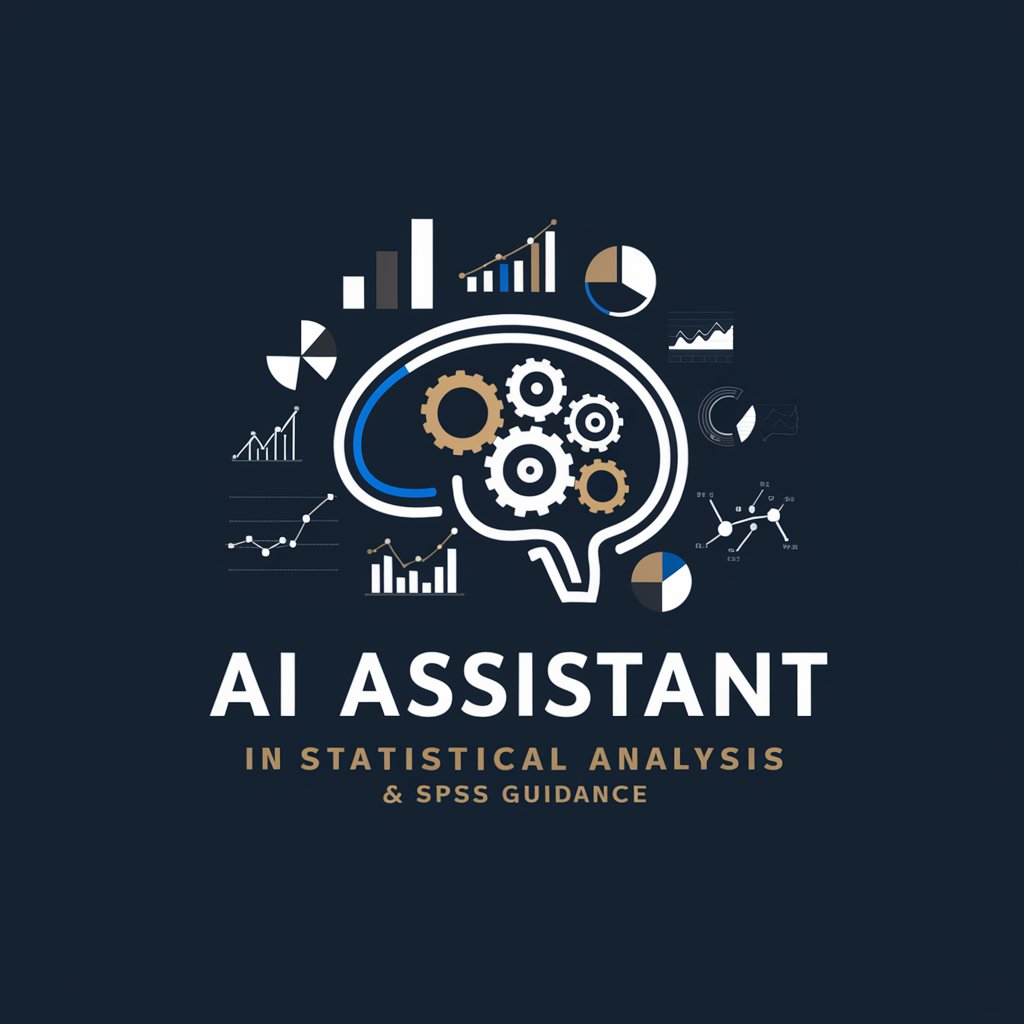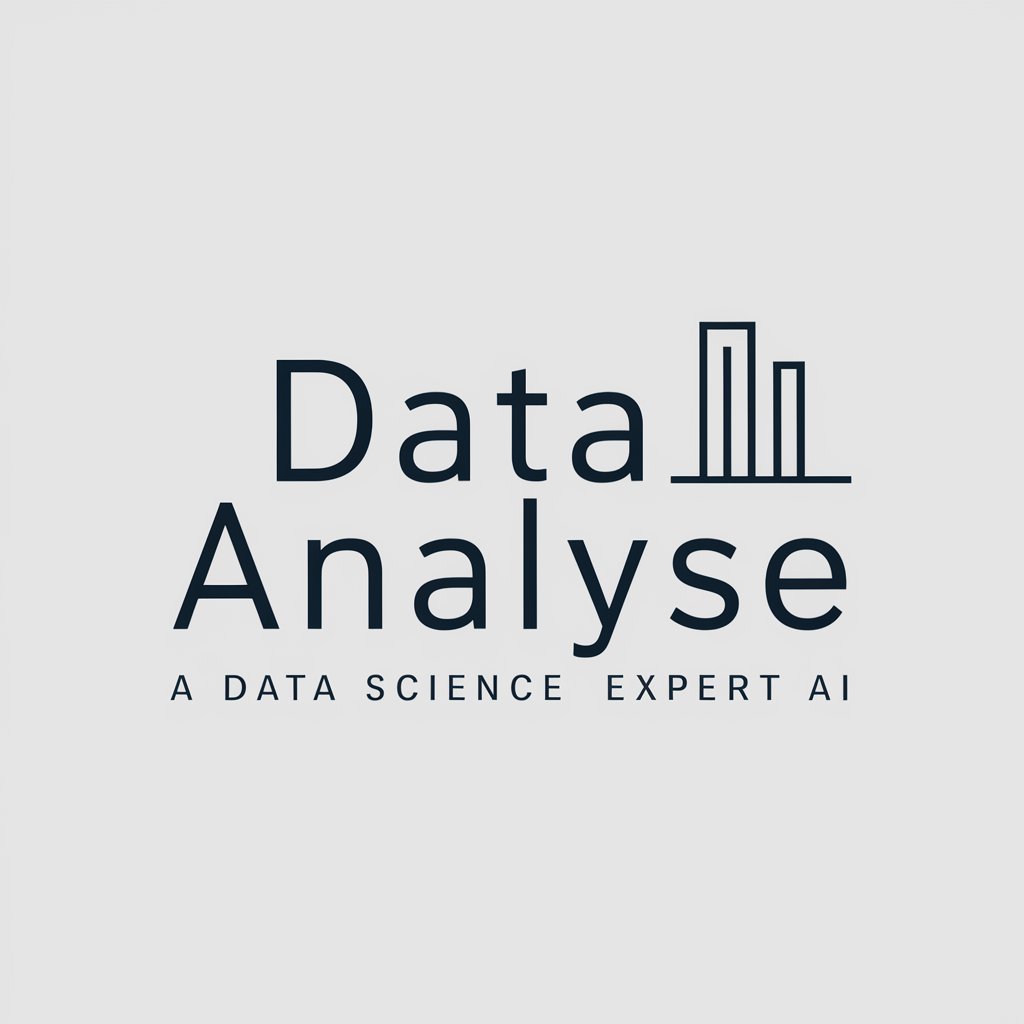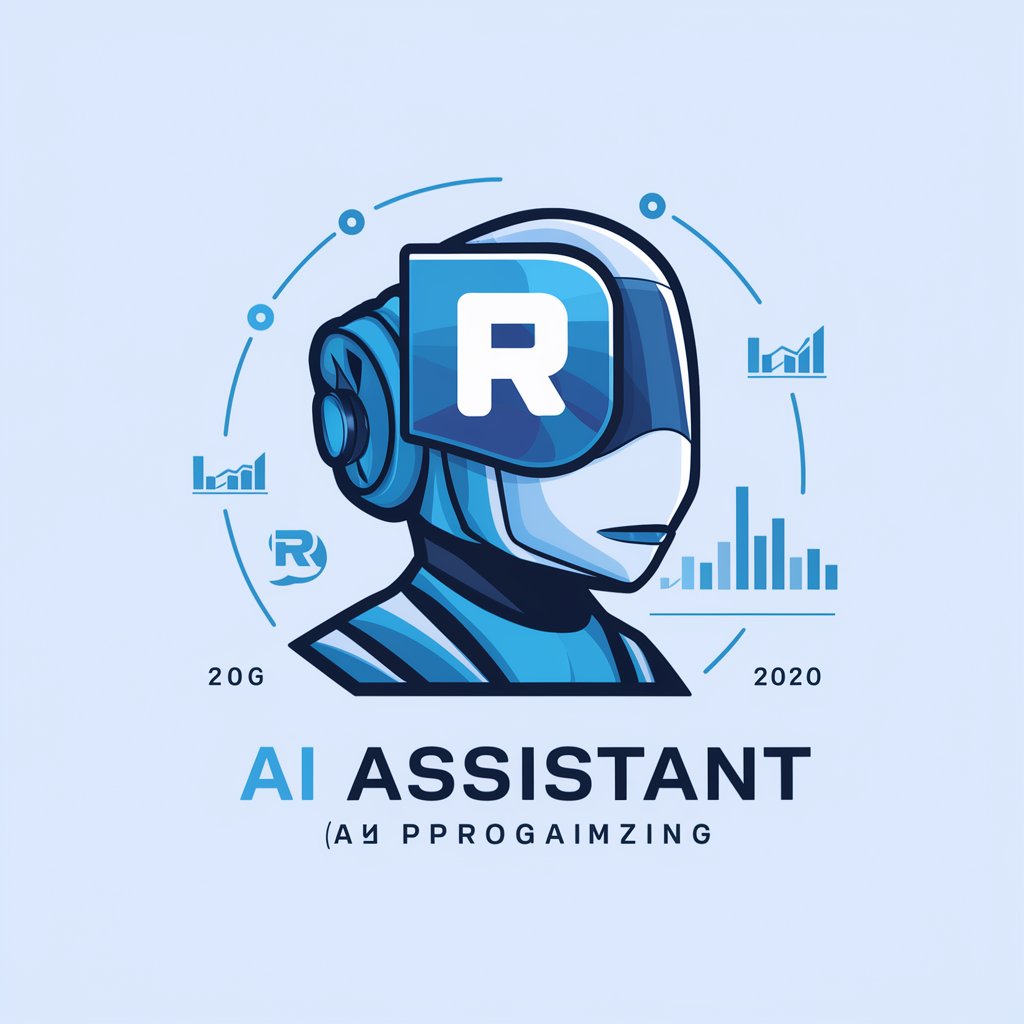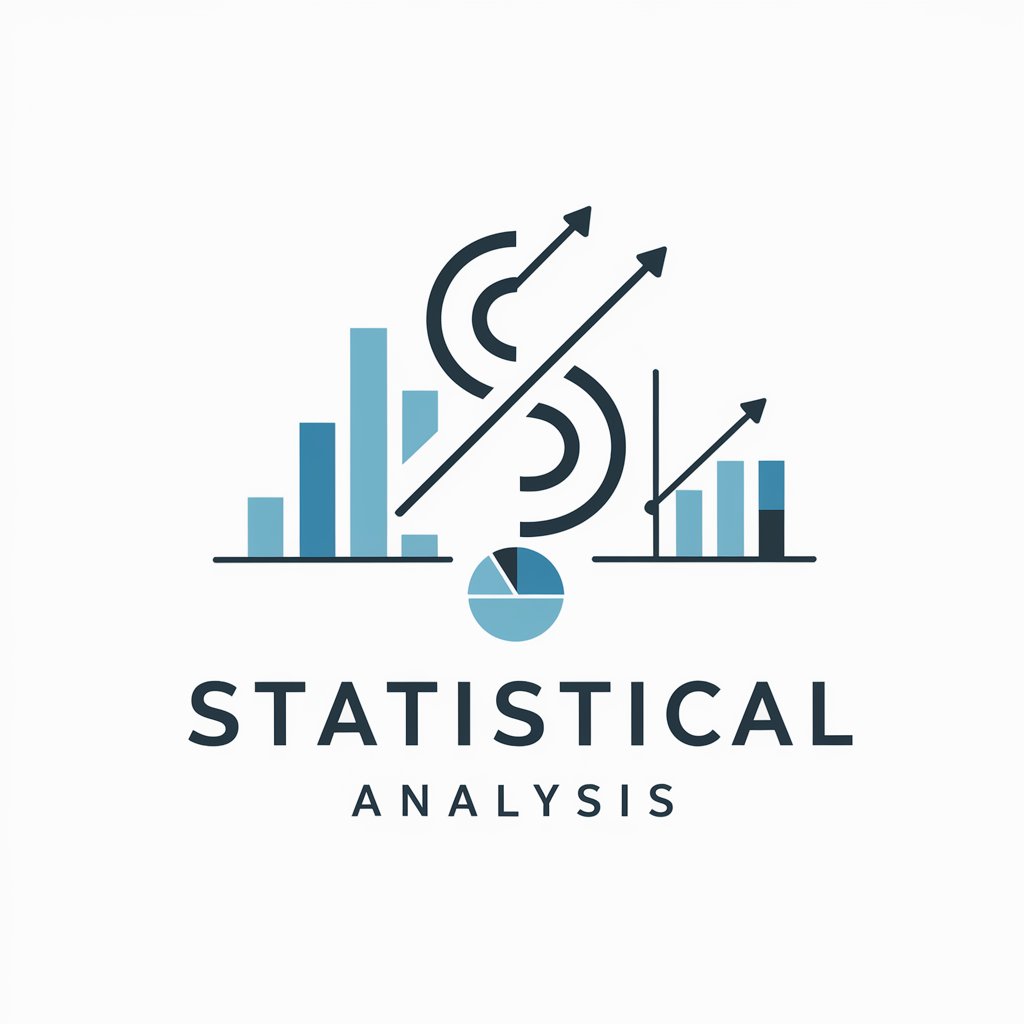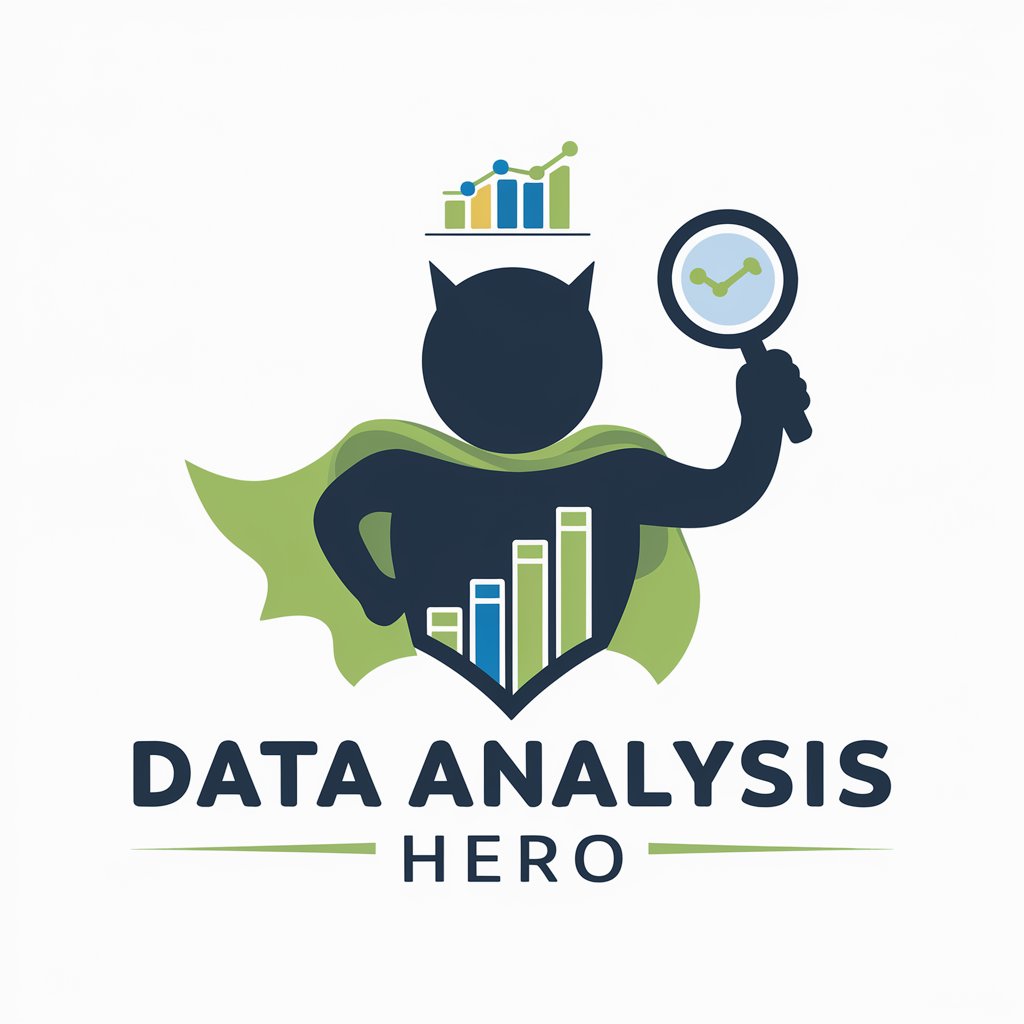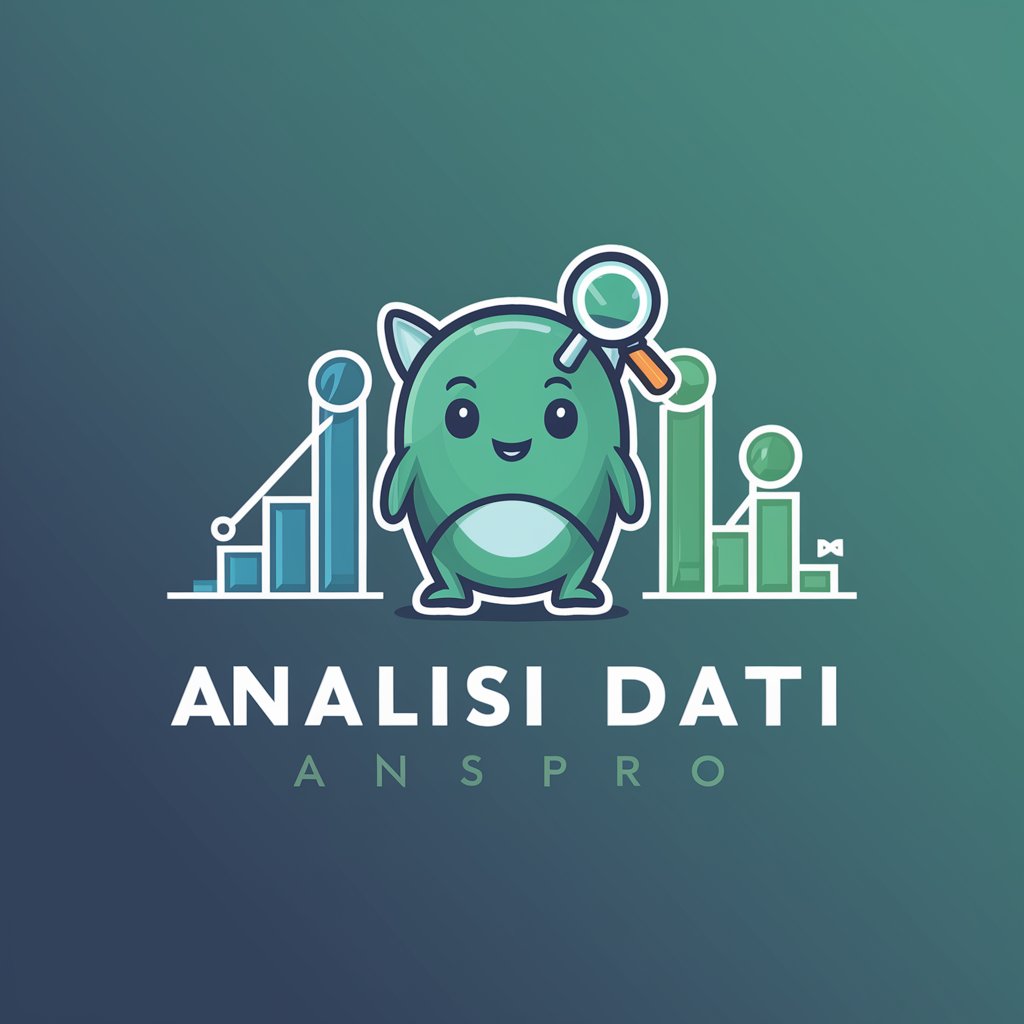
Data Analysis - Powerful Data Insights
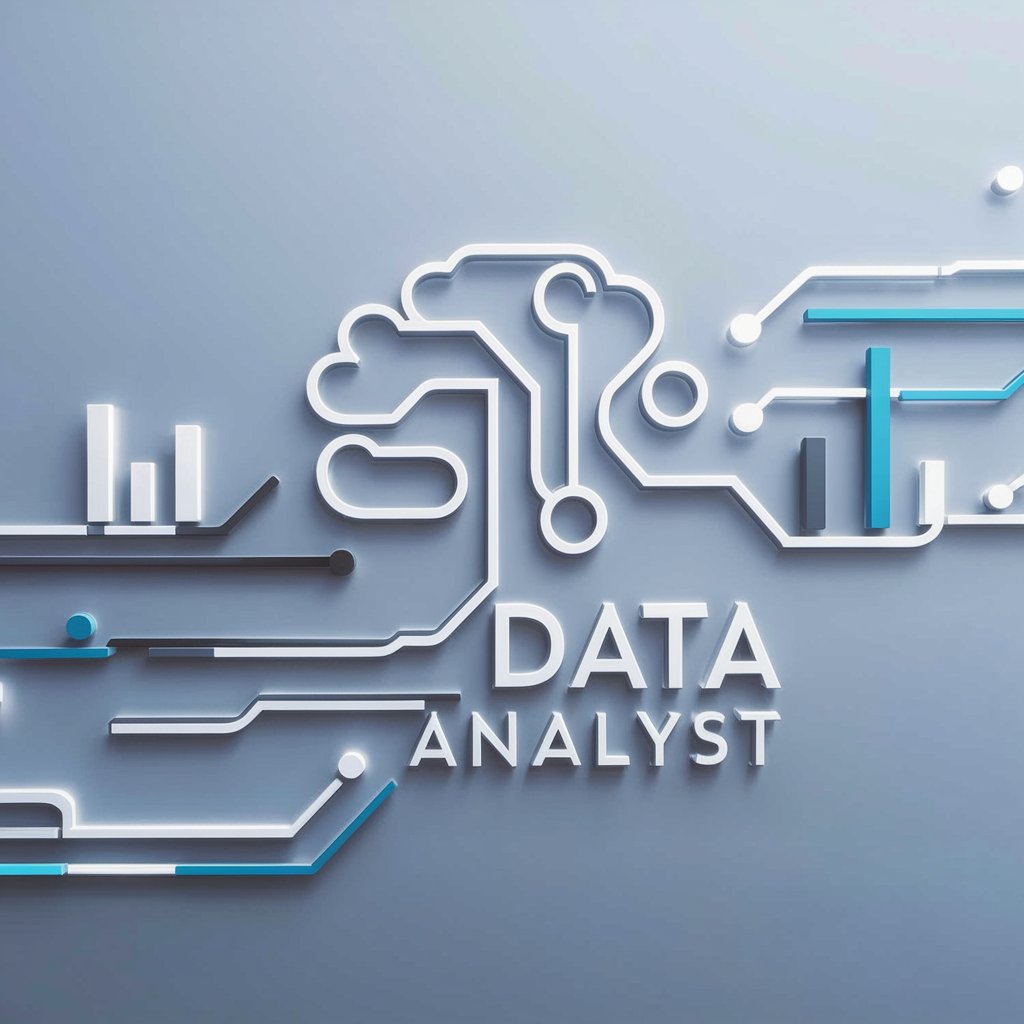
Hello! Ready to dive into data?
Empower decisions with AI-driven insights
Analyze this dataset to...
Generate a visualization that shows...
Summarize the key findings from...
Create a report that highlights...
Get Embed Code
Introduction to Data Analysis
Data Analysis involves examining, cleaning, transforming, and modeling data with the aim of discovering useful information, informing conclusions, and supporting decision-making. This field integrates statistical analysis, data mining, and machine learning techniques to analyze and interpret complex datasets, facilitating more informed and evidence-based decisions. For instance, in retail, data analysis is used to understand customer behavior, optimize inventory levels, and enhance supply chain efficiency. By applying statistical models to sales data, businesses can identify purchasing patterns, forecast demand, and tailor marketing strategies to target specific customer segments more effectively. Powered by ChatGPT-4o。

Main Functions of Data Analysis
Descriptive Analysis
Example
Summarizing past sales data to understand performance trends over time.
Scenario
A retail manager uses descriptive analysis to evaluate quarterly sales performance, identifying which products are top sellers and which ones are underperforming. This insight helps in inventory management and marketing strategy adjustments.
Predictive Analysis
Example
Using historical data to forecast future trends or behaviors.
Scenario
A financial analyst employs predictive analysis to forecast stock market trends based on economic indicators, historical stock performance, and market sentiment. This aids in investment decision-making.
Diagnostic Analysis
Example
Investigating data to determine the cause of observed phenomena.
Scenario
In healthcare, diagnostic analysis might be applied to patient data to identify the root causes of a disease outbreak, facilitating targeted interventions.
Prescriptive Analysis
Example
Suggesting actions based on data-driven insights.
Scenario
An operations manager uses prescriptive analysis to optimize the supply chain. By analyzing logistics data, the manager can identify the most efficient routes and methods for shipping products, reducing costs and improving delivery times.
Ideal Users of Data Analysis Services
Business Executives
Leaders seeking to make informed strategic decisions, optimize operations, and enhance competitive advantage through insights derived from data analysis. They benefit from understanding market trends, consumer behavior, and operational efficiencies.
Data Scientists and Analysts
Professionals who specialize in extracting insights from complex datasets. They use data analysis to build models that predict, explain, or enhance business processes. Their work supports decision-making across all levels of an organization.
Marketing Professionals
Individuals looking to better understand customer preferences, campaign effectiveness, and market trends to tailor their strategies accordingly. Data analysis enables them to segment the market, personalize marketing efforts, and optimize the ROI of marketing campaigns.
Healthcare Providers
Medical professionals and institutions that leverage data analysis to improve patient care, enhance operational efficiency, and inform public health strategies. By analyzing patient data, they can identify treatment effectiveness, predict outbreaks, and optimize resource allocation.

How to Utilize Data Analysis Effectively
Initiate Your Journey
Begin by exploring yeschat.ai for a comprehensive data analysis experience without the need for registration or subscribing to premium services.
Identify Your Objectives
Clarify your analysis goals, whether it's for business insights, academic research, or personal projects. Knowing what you aim to achieve helps in selecting the right tools and approaches.
Gather and Prepare Your Data
Collect the necessary data from relevant sources. Ensure it's clean and organized for analysis. Data preparation is crucial for accurate and meaningful results.
Analyze Your Data
Use statistical methods, machine learning algorithms, or other analytical tools available on the platform to examine your data. Look for patterns, trends, and insights that align with your objectives.
Interpret and Apply Findings
Evaluate the results of your analysis to make informed decisions or generate new hypotheses. Effectively communicating your findings is key to leveraging data analysis in any scenario.
Try other advanced and practical GPTs
DALL·E
Transform words into visuals with AI

Bedelia
Empowering Prenup Decisions with AI

游戏:我被姐姐包围啦~
Shape Love Stories with AI

リモートワークの働き方コーチ

The Erudite Editor
Intelligently Simplifying Sophisticated Texts

Chat Langchain GPT
Empowering Language Intelligence with AI

Game Time
Master any game with AI-powered guidance.

The Negotiator
Empower Your Negotiations with AI

Creative Writing Coach
Unleash Your Creativity with AI

Tech Support Advisor
AI-Powered Personal Tech Advisor

Coloring Book Hero
AI-powered, personalized coloring book creation

Laundry Buddy
AI-Powered Laundry Wisdom at Your Fingertips

Frequently Asked Questions About Data Analysis
What is Data Analysis?
Data Analysis involves processing and examining datasets to extract useful information, identify trends, and support decision-making. It combines statistical techniques, analytical thinking, and the use of specialized software.
Who can benefit from Data Analysis?
Businesses, researchers, students, and even individuals looking to make informed decisions or understand certain phenomena can benefit from data analysis. It's versatile across various fields like finance, healthcare, education, and marketing.
What skills are required for effective Data Analysis?
Key skills include statistical understanding, critical thinking, proficiency in data analysis software or programming languages (like Python or R), and the ability to interpret and communicate findings clearly.
How does machine learning relate to Data Analysis?
Machine learning, a subset of AI, enhances data analysis by automating the identification of patterns and making predictions based on data. It allows for more complex, large-scale analyses and can improve the accuracy and efficiency of results.
Can Data Analysis predict future trends?
Yes, through predictive analysis and forecasting models, data analysis can help anticipate future events or trends based on historical data. However, predictions are subject to uncertainties and the quality of the data used.
